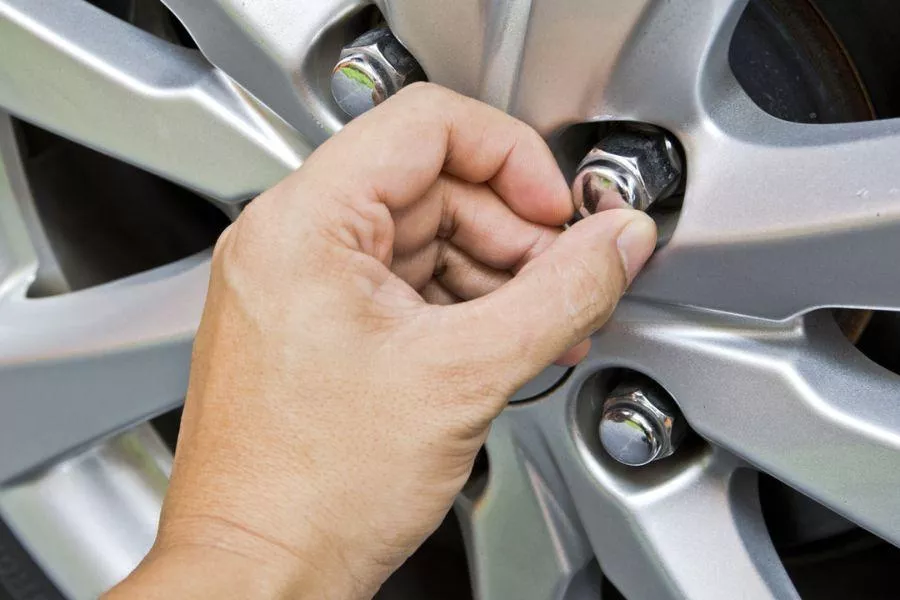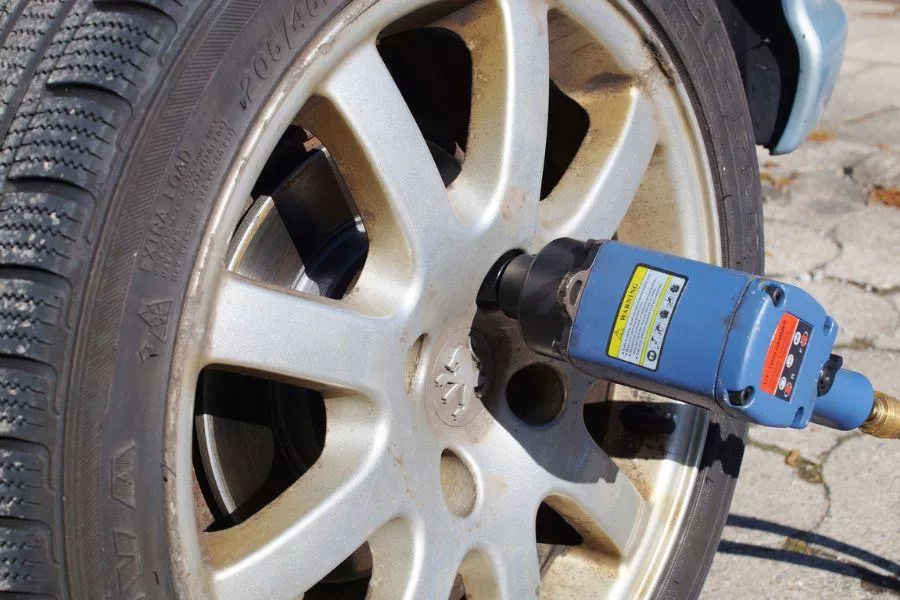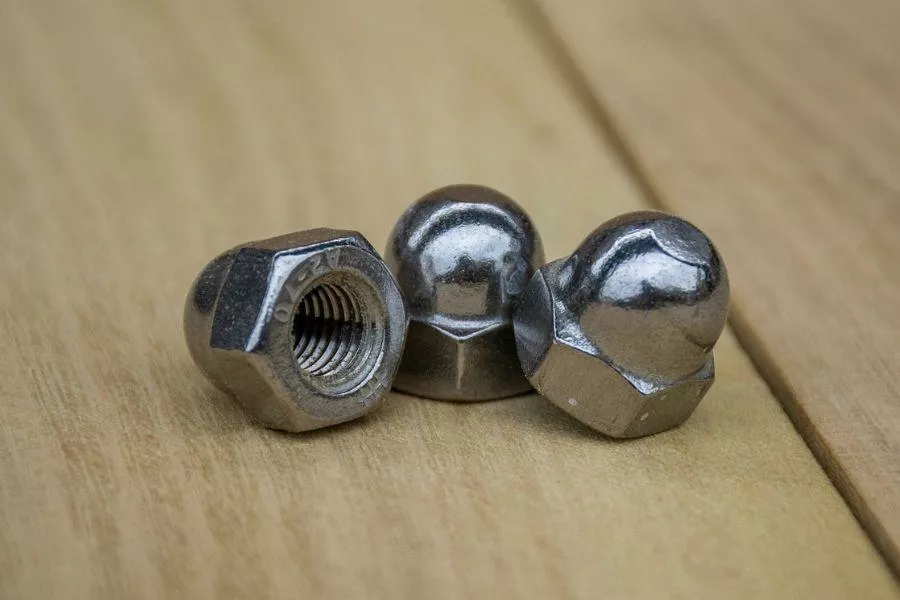As machines, cars are a combination of what would otherwise be separate components joined together through various means including adhesives, welding, and screws. The more obvious parts of a vehicle using the last method are the wheels that prop up the car.

The wheel is fastened to the rest of the car through wheel bolts or lug nuts
These wheels are attached to the hubs using lug nuts, and there are specific stud bolt patterns depending on the vehicle, arranged in a circular layout. Passenger cars typically have a pattern of four stud bolts, going up to five and six or even eight as the wheel (and the vehicle) increases in size.
The bolts are screwed on to hold the wheel in place, and they must be tightened to make sure that they don’t come off while the wheels are spinning during high-speed travel. But while this is a good practice for all motorists, there is such a thing as overtightening the lug nuts, which is what you should guard against.

Impact wrenches can easily overtighten the bolts if you're not careful
Overtightened or overtorqued lug nuts are caused by powerful pneumatic or battery-powered wrenches used by workshops that apply excessive torque after servicing the vehicle or fitting new tires. It can also result from the use of manual wrenches, especially if an owner or mechanic gets a little too carried away in tightening the bolts.
If loose lug nuts can lead to the wheel wobbling while the vehicle is in motion, overtightening them also brings its own set of problems. For one thing, you risk stripping the threads and stretching the wheel nuts, which weakens and makes them more vulnerable to eventual failure.

They might be made of robust materials, but it still pays to handle nuts with care
The damage can also extend to the alloy wheels (which are not as hard as steel) as well as distorting the brake rotors and drums, with the latter manifesting as shaking and shuddering even during normal braking, which can affect other suspension components as well.
Always make sure that the proper torque is applied when tightening the wheel bolts to avoid problems. Using a torque wrench gives you the proper torque settings and indicates when the bolts have been sufficiently tightened. Even with a stock tire wrench from the factory, you can stop when you hear the wrench click to avoid damaging the bolts.
Find more tips for beginner car owners at Philkotse.com.
Recent posts
- Car rims and wheel types Feb 24, 2021
- [Philkotse guide] Everything you need to know when having new tires Aug 09, 2022
- Shoes for your ride: Steel vs Alloy wheels Jan 04, 2021












